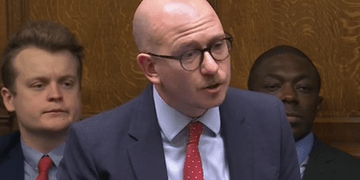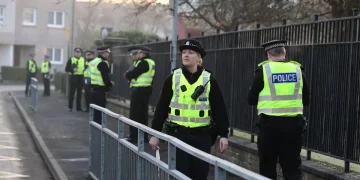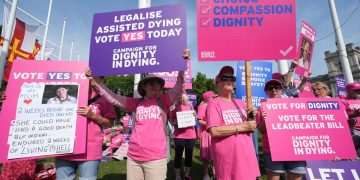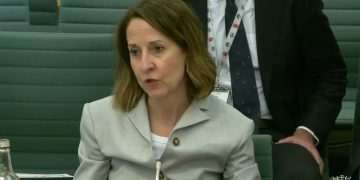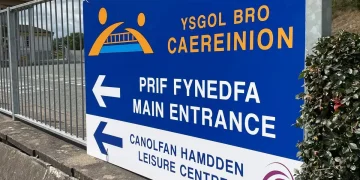Prime Minister Keir Starmer was under immense pressure to announce some big policies in his 2024 party conference speech. Those who felt the agenda had been captured by stories of scandal and discontent in Number 10 saw a major new offering as a potential way to distract. But Starmer chose a different path – one that he overtly described as the more difficult one.
This, for him, is not about policies. Starmer is offering Britain a choice about how it thinks about politics. In his speech, he rejected what he called a politics of “easy answers” offered in the “cowardly fantasy” of populists. He asked the British public to ignore the “whims of Westminster” that see a politician stirring uproar to hide their lack of action.
Looking back at the last government, he said: “Take Rwanda, a policy they knew from the beginning would never work, was never supposed to work. £700 million of your money, frittered away on something that was never a credible option because politically it was an easier answer.”
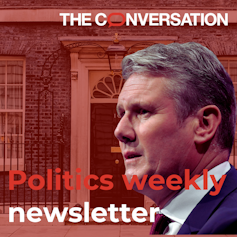
Want more politics coverage from academic experts? Every week, we bring you informed analysis of developments in government and fact check the claims being made.
Sign up for our weekly politics newsletter, delivered every Friday.
What is required is for politicians to address difficult challenges directly, not duck them, he said, adding: “If this path were popular or easy we would have walked it already.” The public must therefore be prepared to debate difficult challenges. This is a difficult version of politics.
Will people like it?
Easy-answers politics is quick and based on the performance of utter certainty. X is wrong, Y will fix it. If government doesn’t do Y, it is betraying the country. A flight to Rwanda will solve global migration patterns caused by climate, conflict and the way the world economy works. We don’t want to even think about climate, conflict and the way the world economy works. This is how Starmer characterised the Conservative government of the last 14 years.
Take the rough with the smooth
Starmer is offering a performance of seriousness and trying to create an expectation he will deliver a serious politics. He called this a “renewal” because Britain has done serious politics before, generations ago, and it is in British people’s blood: “We will turn our collar up and face the storm,” he said. British people will all contribute, all participate in that renewal, because “this is a country with fairness in the water”.
This entails being open to debate with other citizens who we disagree with, in a spirit of collective endeavour, not self-interest. You want security? Prisons may be built near you, he said. You want cheaper electricity? Then we’ll build pylons overground. You want government to have some control in the immigration process? We’ll make it function properly. But you must accept that in that fair and proper process, some people will be granted asylum. Agree to disagree, but, more fundamentally, agree that disagreement is OK, because we are equal citizens.
The British public must be persuaded to trust this government and this renewal project because they understand government not as aloof partying liars. Look to my government, Starmer said, to see politicians in service to the country of Britain and the British “working people”. But for government to show it thinks it is in the service of the public, it struck me that it can’t be accepting free tickets to watch Arsenal.
Do we have a narrative yet?
Starmer addressed the question of whether he has a story to tell about the country. Since he came to government, it has felt as though he lacks one. He said Britain’s dilemma is “our story is uncertain. Hope is beaten out of us.”
Yet the world thinks of Britain as a great nation, he said, of scientific genius, the industry of its working people, and pragmatism about the complexity of global relations. He said this shows Britain was capable of writing “our own story and that of the world”. He called for Britain to do this again.
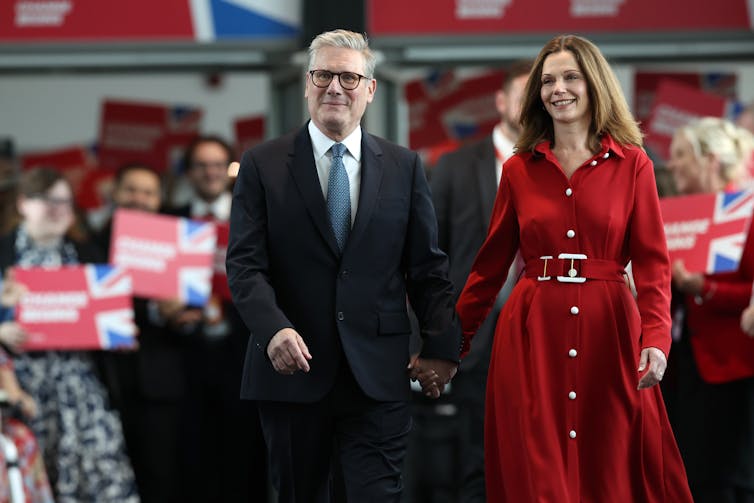
EPA
For this to happen, citizens need to be able to see a connection through time. It begins with the government saying it is serious and trustworthy. Then, at a certain point in time, the public needs to be able to look back and see the actions that government has taken. Finally, at a later time, citizens decide whether they’ve seen the results of those actions in their lives.
This is how the story of a nation is built. But it is where enormous patience is needed. And while his narrative was more successful than previous attempts, there was a piece missing from the puzzle. Will building prisons or electricity pylons provide conditions that allow companies to create economic growth?
This is not a fully coherent story based on a clear plan – at least not one that has been made public. It is more a wager Starmer is calling on Britons to make. Bet now, and wait. And that’s a lot to ask.



